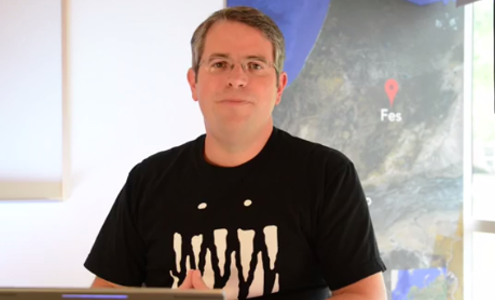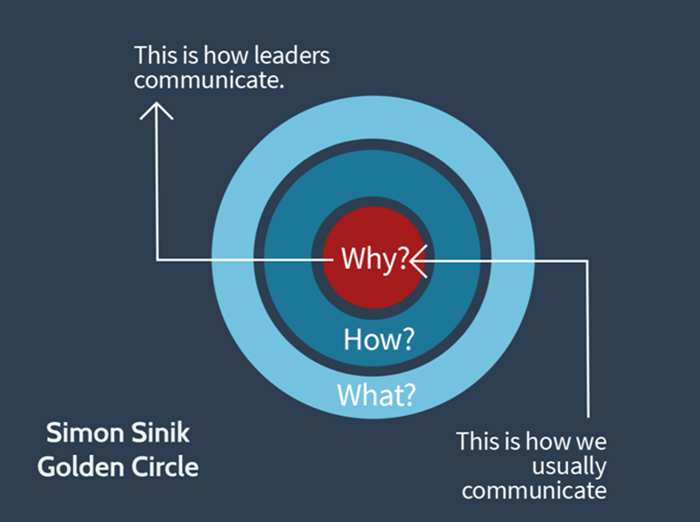Webmasters Not to Worry about Duplicate Content Too Much

Many webmasters and SEO specialists treat duplicate content as a major and serious issue, but the latest Google Webmaster Help video may help put them at ease. In this video, Matt Cutts answers the question: “How does Google handle duplicate content and what negative effects can it have on rankings from an SEO perspective?”
Cutts repeatedly stresses that duplicate content “does happen”, and that about 25 or 30 percent of the web’s content is actually duplicate content. “It’s not the case that every single time there’s duplicate content it’s spam,” he says, and that “if we made that assumption, the changes that happened as a result would end up probably hurting our search quality rather than helping [it].”
Throughout the video, Cutts mentions examples of duplicate content that aren’t spammy, such as blog post that quotes text that is sourced from a different article.
He clarifies that Google looks for duplicate content, and tries to group it together, treating all duplicates as one piece of content. Then they determine which page to show, and “crowd the other result out.” Users who want to do exhaustive searches will still be able to see these other pages by editing their filters to see all results. “For the most part, duplicate content is not really treated as spam,” Cutts says. “It’s just treated as something we need to cluster appropriately; we need to make sure it ranks correctly.”
Another point Cutts stresses is that Google still reserves the right to take action “if you do nothing but duplicate content and you’re doing it in an abusive, deceptive, or malicious, or manipulative way.” A blog composed entirely of posts from RSS feeds, for example, is more likely to be viewed as spam. Even the Google Webmaster Tools Help page on Duplicate Content stresses this point: “Duplicate content on a site is not grounds for action on that site unless it appears that the intent of the duplicate content is to be deceptive and manipulate search engine results.” If you aren’t massively copying content in an attempt to manipulate your rankings, you don’t have anything to worry about.






